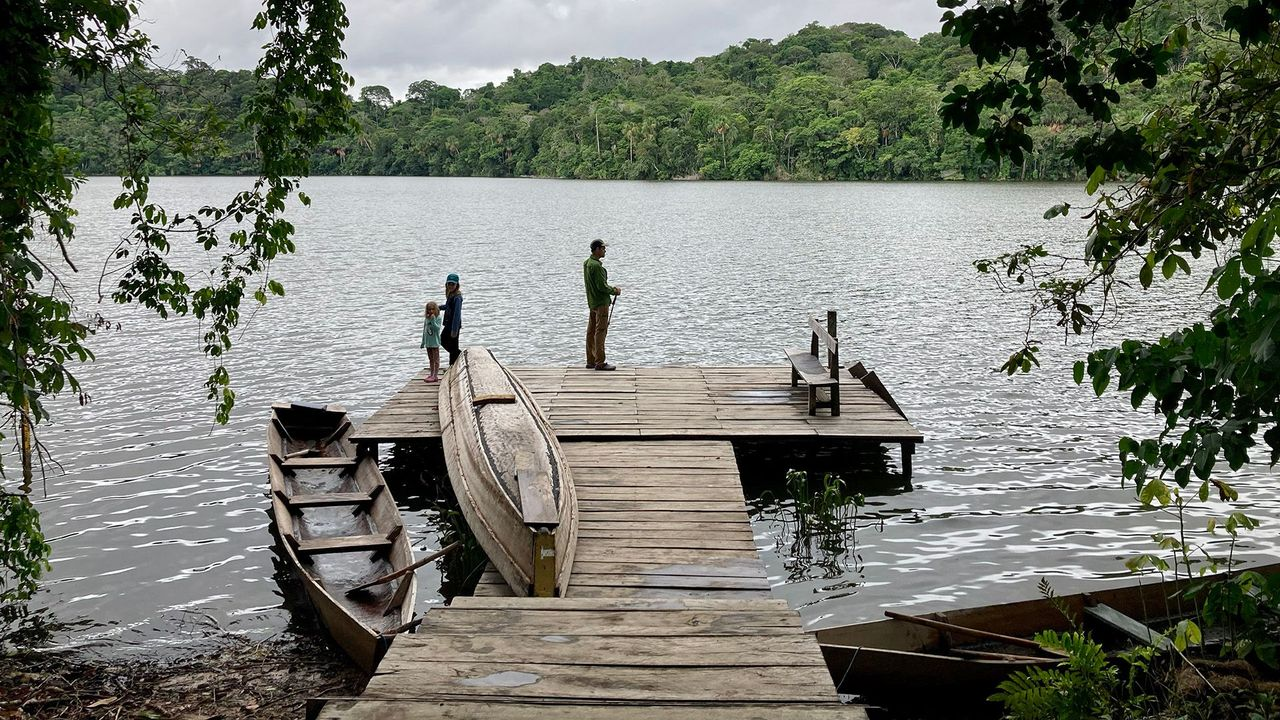As global awareness of environmental issues intensifies, 2025 marks a significant shift in travel behaviors, with a growing emphasis on sustainability. Travelers are increasingly seeking experiences that minimize their ecological footprint while maximizing cultural engagement. This evolution is evident in the rise of eco-friendly accommodations, carbon-neutral transportation options, and community-based tourism initiatives. For instance, the emergence of carbon-negative travel, which actively reduces more carbon than it emits, is gaining traction among environmentally conscious explorers. Such practices not only benefit the planet but also enrich the travel experience by fostering deeper connections with local communities.
Technological advancements are playing a pivotal role in facilitating sustainable travel. Innovations such as AI-driven travel planning tools help tourists make eco-conscious decisions by suggesting low-impact itineraries and highlighting green-certified establishments. Moreover, the integration of renewable energy sources in transportation and lodging is becoming more prevalent. For example, several hotels have adopted solar and wind energy systems, significantly reducing their carbon emissions. These developments not only contribute to environmental conservation but also appeal to a growing demographic of travelers prioritizing sustainability in their journeys.
Community engagement is another cornerstone of sustainable tourism in 2025. Travelers are encouraged to participate in local initiatives, support indigenous businesses, and respect cultural heritage sites. This approach not only aids in the preservation of cultural identities but also ensures that tourism revenue benefits local economies. By choosing to engage with communities authentically and responsibly, tourists can contribute to the longevity and health of the destinations they visit. As the travel industry continues to evolve, embracing these sustainable practices is essential for preserving the world’s natural and cultural treasures for future generations.




